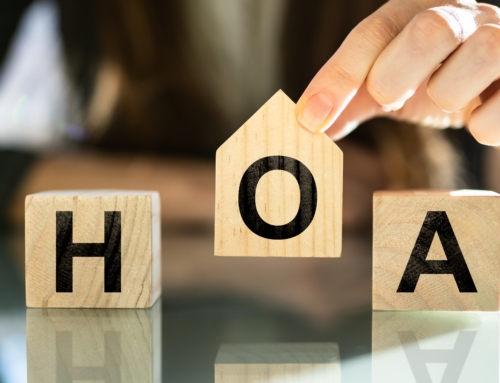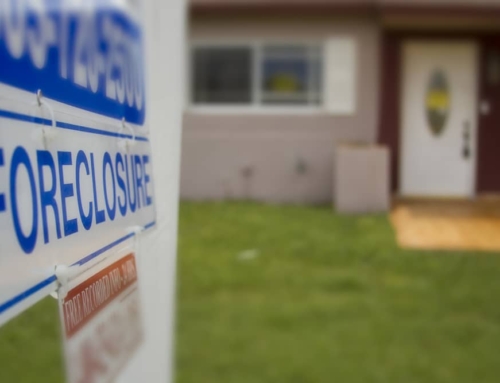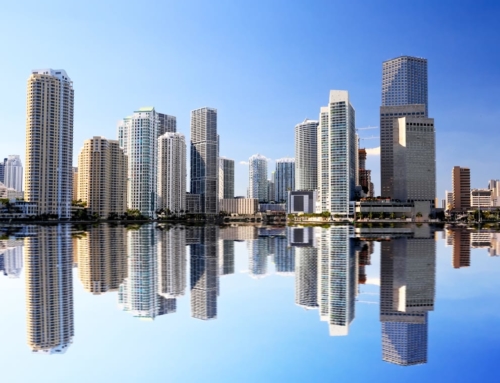Can you ever buy a house without buying into the neighborhood in which it is located?
Sure, if you plan to put the house on wheels and move it to a new location.
But if changing locations isn’t in the cards, then paying attention to the neighborhood in which your new home is located could be one of the savviest movies you can make.
The point is, paying attention to the neighborhood, and how it grows and changes directly affects the value of your home — and whether it appreciates, depreciates or pretty much stays even.
If home buyers are guilty of putting on the blinders — and only seeing what they want to see — it’s frighteningly easy to keep those blinders on once you’ve closed on the property and lived there for awhile.
You get so used to driving through a neighborhood that sometimes you don’t even see it anymore. It takes something shocking — like a house being torn down — to break through the glaze of our busy lives. But even that goes away after awhile.
And that’s how great neighborhoods can start to break down. Little by little, the fabric of what makes a great neighborhood, or a great town can chip away. Families start to shop at strip malls rather than local stores, so local businesses close up. Then, the owners of those local businesses move away.
Sometimes, changes come first to the local schools. You could be in a fine school district. But over time, without proper funding and parental involvement, school districts can decline as well.
And soon, instead of living in the top area of town, you’re in the second-best neighborhood. And then it’s the third-best.
It doesn’t really matter that compared to the rest of your metro area you’re still in a relatively top neighborhood. When schools decline and begin to crumble, when local businesses run “going out of business” sales, the substantial investment you’ve made in your home is at risk.
Last year, the average home in the U.S. appreciated about 13 percent in value. For every $100,000 of sales price, that’s $13,000 in appreciation, or $130,000 on a million dollar house.
In Las Vegas, homes are worth an average of 41 percent more now than a year ago. In Florida and Southern California, homes are worth about 20 percent more this year than last. Those are substantial numbers.
But as all investors know, past performance is no indication of future returns. And, that’s true of the investments we’ve made in our homes as well as those (still dwindling, in some cases) in our stock market portfolios.
What can you do to keep your home’s value on the upswing?
Start by keeping up your own home and garden. Maintain or improve your home’s curb appeal. Some communities have a self-appointed gardening committee that drop words of praise in the mailbox for homeowners who lavish attention on their yards and for those who don’t, helpful suggestions about ways a home’s curb appeal can be improved (whether or not those suggestions are welcome is another story).
You can also get involved with different committees in your local municipality. Volunteers are often in short supply, and even if the committees are full, you can attend public hearings and meetings to stay informed about what’s going on in your neighborhood.
Then, spread the word. Form a loosely-organized neighborhood homeowner’s association, where you keep each other informed about various things going on in the neighborhood. You can use it to launch a “neighborhood watch” organization to help keep down crime, or do an annual clean-up of the local park area.
On my block, we host an annual “block party” and in the midst of brats and beer, we discuss what’s going on in the neighborhood.
Finally, get involved with the local schools. If your schools are under-funded, if the buildings are crumbling, or if good teachers are leaving because the school district is badly run, your homeowner antennae should go up.
Homes in great school districts appreciate faster than homes in poor or mediocre school districts. Doing what you can to improve the schools is yet one more way to ensure the investment in your home continues to appreciate in the decades ahead.






Leave A Comment